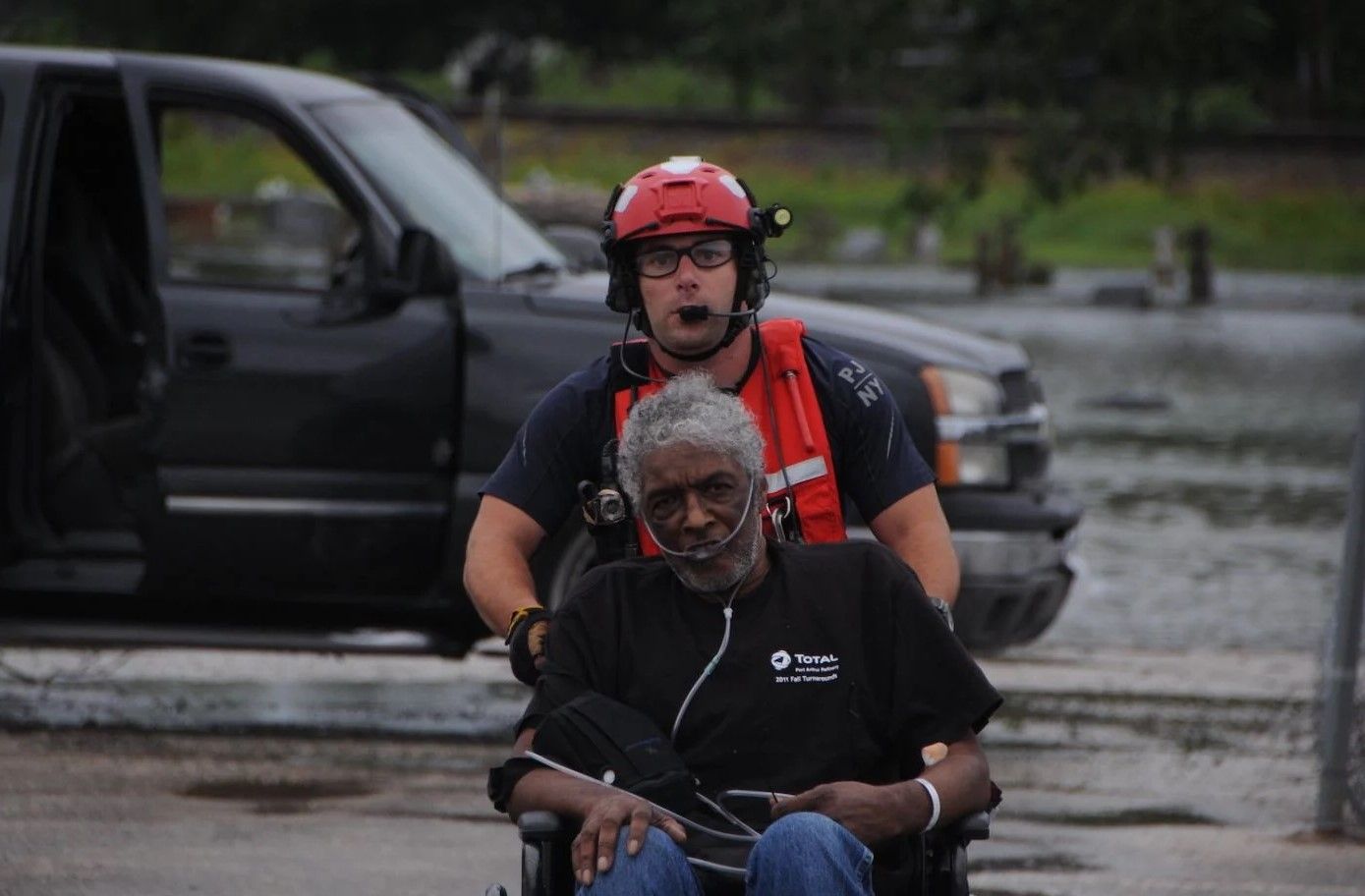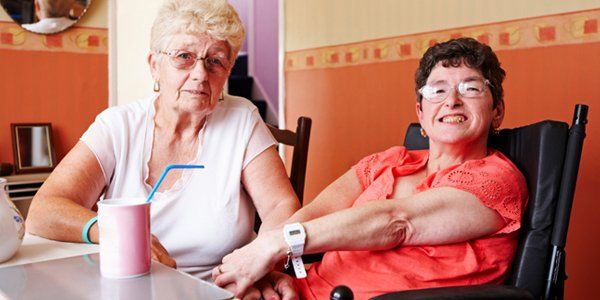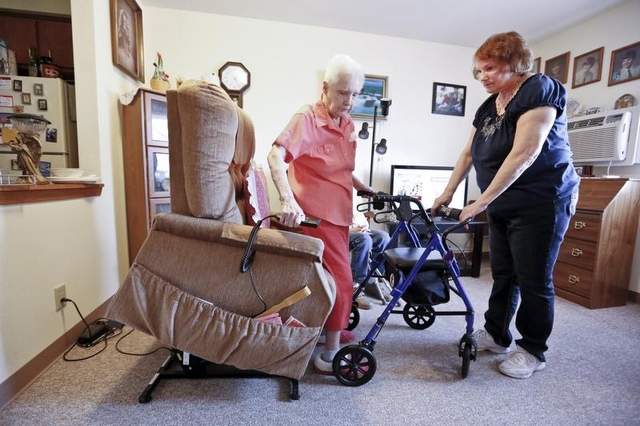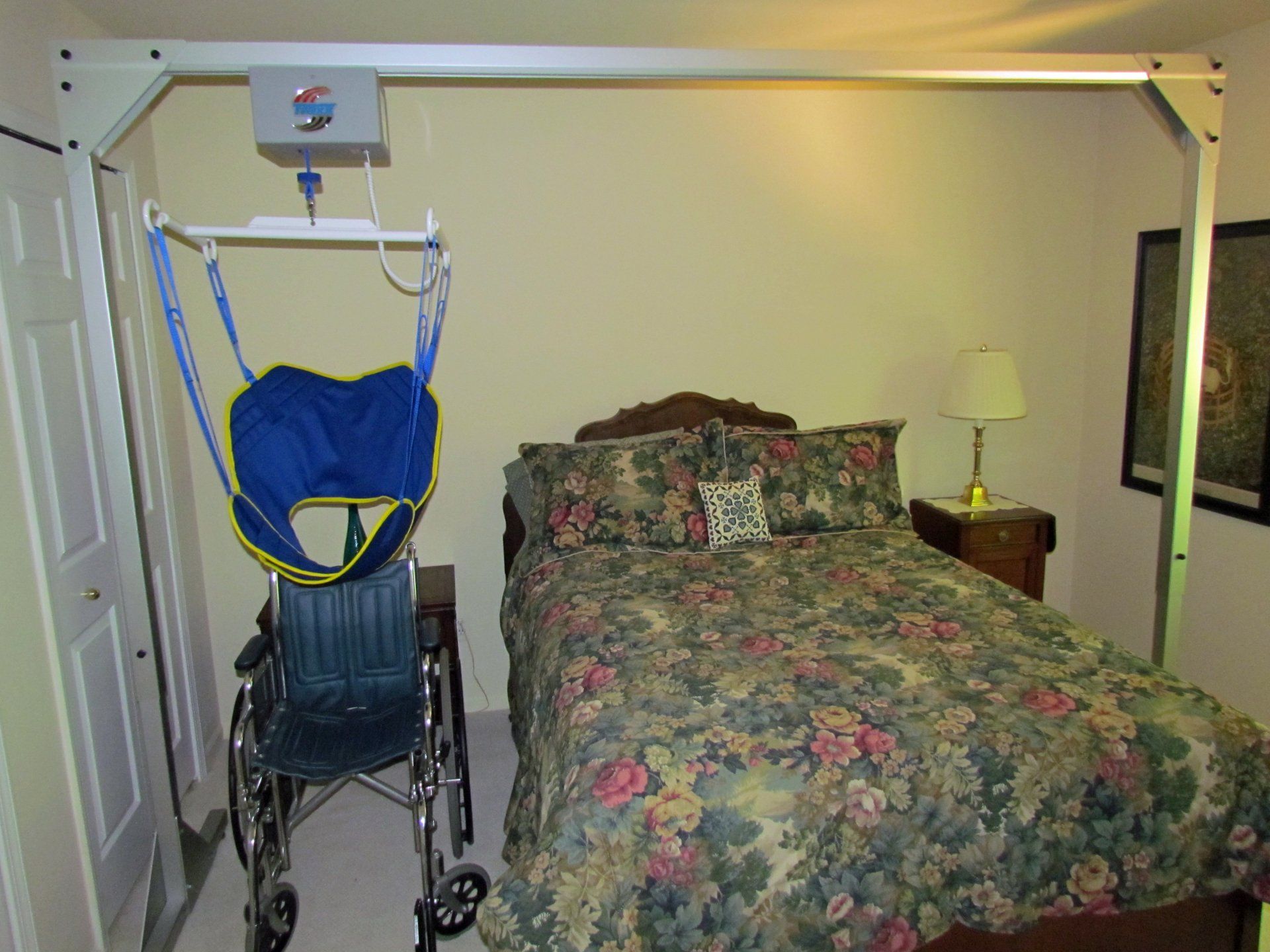Advancing Healthy Nutrition and Aging with New Resources for Federal Advocacy
This is a subtitle for your new post

BY MEREDITH PONDER WHITMIRE AND LAURA BORTH
This article originally appeared on American Society on Aging, Generations.
Advocacy is a powerful and important catalyst for the change we want to see. In a healthcare environment focused on healthy aging and patient-centeredness, older adult malnutrition is a growing crisis, with up to half of older adults being at risk of malnutrition or malnourished. Malnutrition incidence is highest in Black, older adult and low-income communities and yet many people go undiagnosed. Recent reports during COVID-19 emphasize the need for federal relief funding and other pandemic nutrition benefits to continue.
Toolkit Goals
To support advocacy for funding and benefits, Defeat Malnutrition Today and Women in Government released a new Federal Advocacy Toolkit for Nutrition Care and Healthy Aging. It provides information on the issue of older adult malnutrition and how to communicate its impact to federal policymakers. The toolkit outlines strategies for working malnutrition policy proposals into upcoming legislative and public health policy to help ensure quality malnutrition care.
As older adults become a larger proportion of the U.S. population, it is important to promote public health policies that help keep them healthy and active. This begins by establishing malnutrition public health goals and quality measures that will evaluate the effectiveness of programs providing nutrition and healthcare.
For example, in many healthcare settings, adapting institutional trainings to emphasize malnutrition screening and assessment could reduce the incidence of untreated malnutrition. Such trainings and screenings can be strengthened by adopting best practices and quality standards across the spectrum of care.
The causes of malnutrition are multiple and complex, and the solutions require collaboration among many groups. The toolkit organizes the many recommendations for improving malnutrition care into four goals:
- Improve quality of malnutrition care practices: this starts at the top, including recognition of the need for quality malnutrition care in national population health and chronic disease reports and action plans.
- Improve access to high-quality malnutrition care and nutrition services: the Centers for Medicare & Medicaid Services’ adoption of a global malnutrition composite score measure in the hospital would help accelerate this. In addition, passing the Medical Nutrition Therapy Act could help improve access.
- Generate clinical research on malnutrition quality of care: increasing research on older adult nutrition needs and the impact of malnutrition on health outcomes and equity provides better data to improve programs.
- Advance public health efforts to improve malnutrition quality of care: currently, there are no federal public health goals, such as Healthy People 2030, that address malnutrition. Malnutrition screening and monitoring questions could be added to national surveys of older adults and reported as a key health indicator for older adults.
Malnutrition is pervasive and costly, causing patient harm and slow recovery, but it has not yet been addressed by a systematic, consistent approach throughout the healthcare system.
Advocacy Tips
Here are a few tips from the Academy of Nutrition and Dietetics to advocate effectively. First, know the goals of your advocacy. Advocating for malnutrition in older adults is important to increase awareness and inform federal legislators of the issue. Second, create a plan on how to accomplish your goals. Such a plan can involve educating your community and federal policymakers on the impact, prevention and treatment of malnutrition. The advocacy toolkit provides tips on communicating with federal policymakers and through social media and offers supporting information.
MALNUTRITION IS PERVASIVE AND COSTLY, BUT HAS NOT YET BEEN ADDRESSED BY A SYSTEMATIC, CONSISTENT APPROACH.
Third, find available resources to assist. Toolkits and collaborations are needed to bring these ideas to life. Fourth, consider the point of view of your audience. Are you talking to the local community or writing a formal letter to a legislator in Washington, DC? Fifth, understand whether your audience has the authority to make change. Focus advocacy efforts on people who can create change. Finally, make your case. We are united by a common purpose: serving the older adult.
The COVID-19 pandemic and the rapidly growing older adult population have increased the urgency for policy and advocacy. Defeat Malnutrition Today’s new federal toolkit outlines strategies and recommendations to support high-quality malnutrition care across the United States. Collaborations and partnerships are needed to bring these ideas to life and to secure the future of healthy aging with good nutrition and high-quality, coordinated malnutrition care. We can have far-reaching impacts by providing policymakers with the information they need to ensure that the voices of stakeholders (you, your family and your community) are heard.
Meredith Ponder Whitmire is the policy director and Laura Borth, MS, RD, CD, is the policy analyst, at Defeat Malnutrition Today in Washington, DC.
For additional malnutrition information and resources visit: https://defeatmalnutrition.today.











